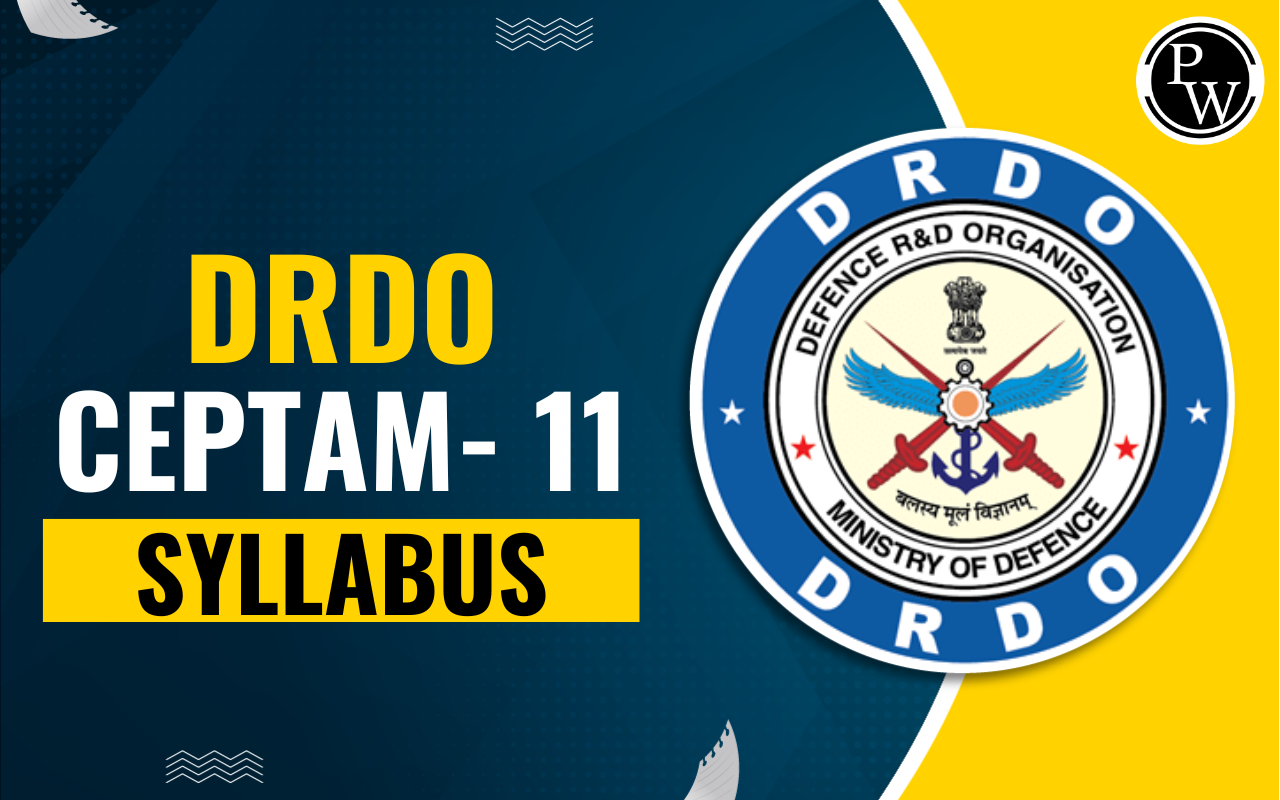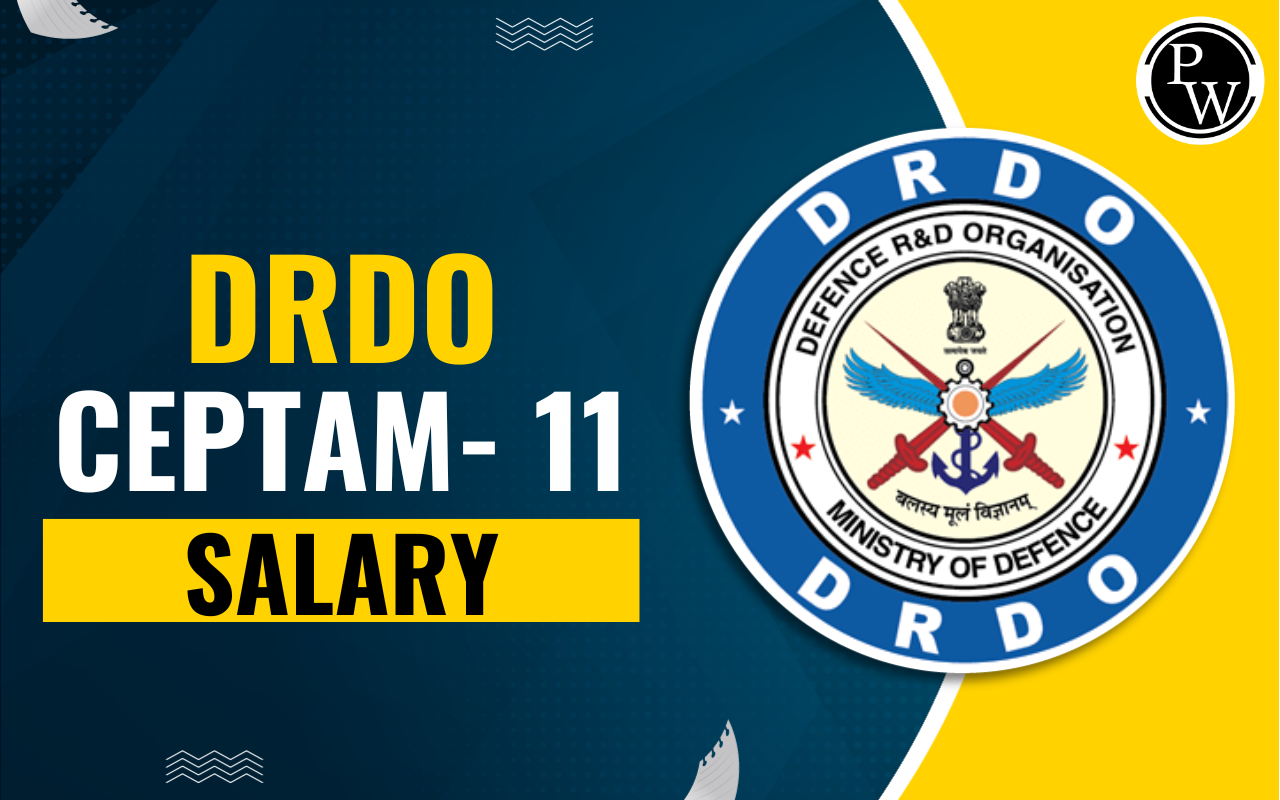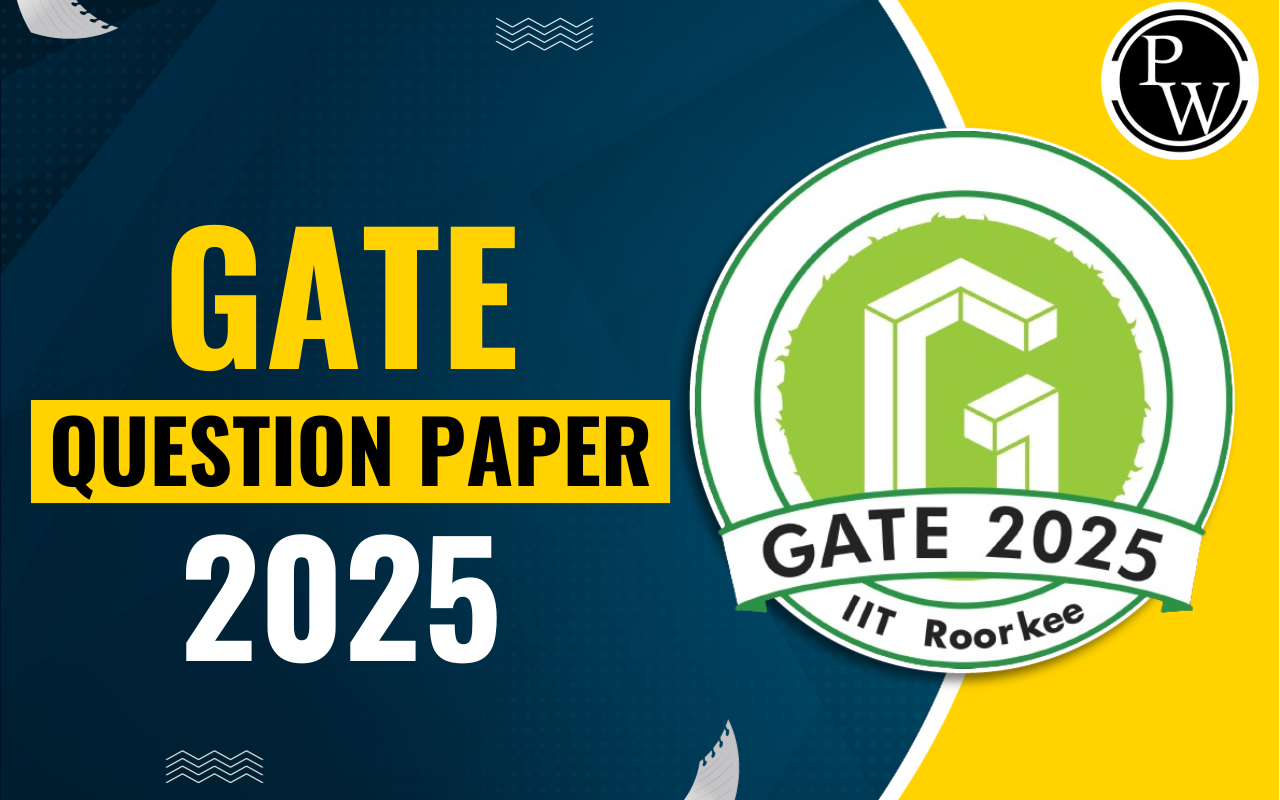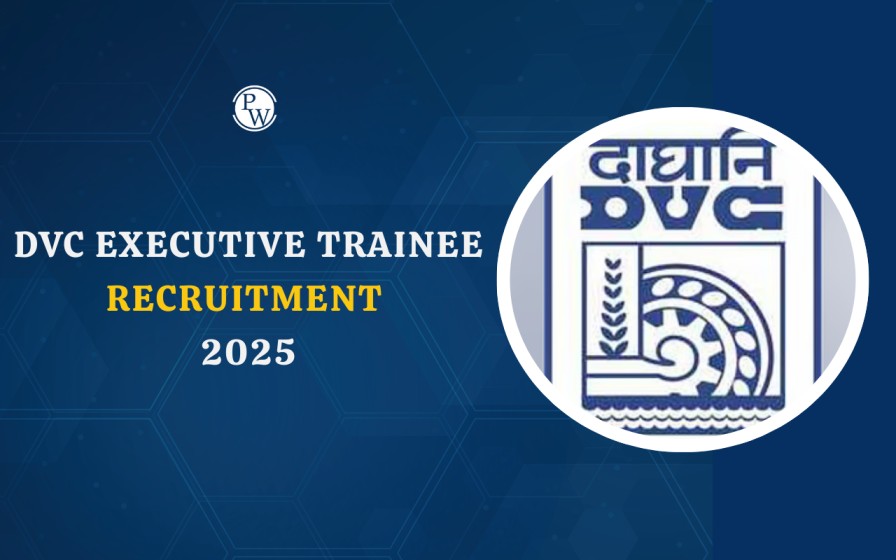
GATE Biomedical Engineering Syllabus 2026: The Graduate Aptitude Test In Engineering for Biomedical Engineering will be conducted by IIT Guwahati in 2026. The GATE BM Syllabus comprises an extensive range of topics across General Aptitude and Core Subjects.
In order to prepare effectively for GATE 2026, candidates must have a proper understanding of the GATE Biomedical Engineering syllabus.
It is highly recommended that aspirants must carefully review the GATE Syllabus before commencing their preparation. The GATE BM Exam will comprise 65 questions from different subjects worth a total weightage of 100 marks. Candidates can find the detailed syllabus for GATE BM to start their preparation accordingly.
GATE Biomedical Engineering Syllabus 2026
The GATE Biomedical Engineering Syllabus 2026 includes various sections and topics that will be covered in the upcoming question paper. The syllabus consists of general aptitude, engineering mathematics, and specific biomedical engineering subjects.
Aspirants must become familiar with the GATE 2026 Biomedical Engineering syllabus, as it provides guidance for preparation. In addition to the syllabus, applicants can also find information about the GATE exam pattern and access the previous year's question papers to aid their preparation. For more information on GATEthe Biomedical Engineering Syllabus 2026, candidates must go through this article.
GATE 2026 BM Syllabus
Biomedical Engineering, also known as Medical Engineering, involves applying engineering principles and concepts to the fields of healthcare and biology. It can be a complex subject to grasp, but one way to gain a better understanding is by exploring the GATE Biomedical Engineering syllabus.
On this webpage, aspirants can find comprehensive information and details about the GATE BM Syllabus 2026. You can also browse through the content directly to access the GATE Biomedical Engineering Syllabus PDF.
GATE Biomedical Engineering (BM) Syllabus 2026 - Topic Wise
To prepare for the Biomedical Engineering (BM) examination, aspirants can refer to the table below, which provides the GATE Biomedical Engineering Syllabus 2026. It outlines the specific topics and subtopics that need to be studied in order to excel in the forthcoming GATE exam:
| GATE Biomedical Engineering Syllabus 2026 | |
| Topics | Sub-topics |
| Engineering Mathematics |
|
| Electrical Circuits | Voltage and current sources - independent, dependent, ideal and practical; v-i relationships of resistor, inductor and capacitor; transient analysis of RLC circuits with dc excitation; Kirchoff’s laws, superposition, Thevenin, Norton, maximum power transfer and reciprocity theorems; Peak, average and rms values of ac quantities; apparent, active and reactive powers; phasor analysis, impedance and admittance; series and parallel resonance, realization of basic filters with R, L and C elements, Bode plot |
| Signals and Systems | Continuous and Discrete Signal and Systems - Periodic, a periodic and impulse signals; Sampling theorem; Laplace and Fourier transforms; impulse response of systems; transfer function, frequency response of first and second order linear time invariant systems, convolution, correlation. Discrete time systems - impulse response, frequency response, DFT, Z - transform; basics of IIR and FIR filter |
| Analog and Digital Electronics | Basic characteristics and applications of diode, BJT and MOSFET; Characteristics and applications of operational amplifiers - difference amplifier, adder, subtractor, integrator, differentiator, instrumentation amplifier, buffer, filters and waveform generators. Number systems, Boolean algebra; combinational logic circuits - arithmetic circuits, comparators, Schmitt trigger, encoder/decoder, MUX/DEMUX, multi-vibrators; Sequential circuits - latches and flip flops, state diagrams, shift registers and counters; Principles of ADC and DAC; Microprocessor- architecture, interfacing memory and input- output devices |
| Measurements and Control Systems | SI units, systematic and random errors in measurement, expression of uncertainty -accuracy and precision index, propagation of errors; PMMC, MI and dynamometer type instruments; dc potentiometer; bridges for measurement of R, L and C, Q-meter. Basics of control system - transfer function |
| Sensors and Bioinstrumentation | Sensors - resistive, capacitive, inductive, piezoelectric, Hall effect, electrochemical, optical; Sensor signal conditioning circuits; application of LASER in sensing and therapy. Origin of bio potentials and their measurement techniques - ECG, EEG, EMG, ERG, EOG, GSR, PCG, Principles of measuring blood pressure, body temperature, volume and flow in arteries, veins and tissues, respiratory measurements and cardiac output measurement. Operating principle of medical equipment-sphygmomanometer, ventilator, cardiac pacemaker, defibrillator, pulse oximeter, hemodialyzer Electrical Isolation (optical and electrical) and Safety of Biomedical Instruments |
| Human Anatomy and Physiology | Basics of cell, types of tissues and organ systems; Homeostasis; Basics of organ systems - musculoskeletal, respiratory, circulatory, excretory, endocrine, nervous, gastro-intestinal and reproductive |
| Medical Imaging Systems | Basic physics, Instrumentation and image formation techniques in medical imaging modalities such as X-Ray, Computed Tomography, Single Photon Emission Computed Tomography, Positron Emission Tomography, Magnetic Resonance Imaging, Ultrasound |
| Biomechanics | Kinematics of muscles and joints - free-body diagrams and equilibrium, forces and stresses in joints, biomechanical analysis of joints, Gait analysis; Hard Tissues - Definition of Stress and Strain, Deformation Mechanics, structure and mechanical properties of bone - cortical and cancellous bones; Soft Tissues - Structure, functions, material properties, Viscoelastic Properties, Maxwell & Voight Models Biofluid mechanics - Flow properties of blood in the intact human cardiovascular system |
| Biomaterials | Basic properties of biomaterials - Metallic, Ceramic, Polymeric and Composite; Fundamental characteristics of implants - biocompatibility, bioactivity, and biodegradability; Basics of drug delivery; Basics of tissue engineering. Biomaterial characterization techniques - Rheology, Atomic Force Microscopy, Electron Microscopy, Transmission Electron Microscopy Fourier Transform Infrared Spectroscopy |
GATE Biomedical Engineering Syllabus 2026 PDF
The GATE Biomedical Engineering Syllabus is divided into ten main topics. With the revision in the GATE 2026 Biomedical Engineering Syllabus last year, topics such as stability analysis, time domain analysis, frequency domain analysis, etc., had been removed from the core subject.
For GATE Biomedical Engineering, the core subject carries 72% weightage. However, the sections of Engineering Mathematics and General Aptitude carry 13% and 15% weightage, respectively. Aspirants can refer to the GATE Biomedical Engineering Syllabus PDF given below.
Download GATE Biomedical Engineering Syllabus PDF
GATE Biomedical Engineering Syllabus - Section-wise Weightage
The GATE Biomedical Engineering Syllabus is primarily divided into two sections: general aptitude and core biomedical discipline subjects. Moreover, as per the GATE Biomedical Engineering Syllabus weightage, the GA section will carry 15% and the core Biomedical Engineering section will be worth 85% of the weightage.
| GATE Biomedical Engineering Syllabus Weightage | |
| Subject | Weightage |
| General Aptitude | 15% |
| Core Biomedical Engineering Subjects | 85% |
GATE Biomedical Engineering Exam Pattern 2026
The question papers for GATE Biomedical Engineering will contain 65 questions carrying a total of 100 marks. It is recommended that aspirants familiarize themselves with the exam pattern in order to gain a better understanding of GATE 2026:
| GATE Exam Pattern 2026 For Biomedical Engineering | |
| Particulars | Details |
| Mode of Examination | Computer-Based Examination |
| Duration | 3 Hours (180 Minutes) |
| Types of Questions |
|
| Total Number of Questions | 65 Questions |
| Total Marks | 100 Marks |
| Sections |
|
| General Aptitude Section |
|
| Marking Scheme |
|
Elevate your GATE readiness with Physics Wallah’s GATE Online Courses . PW GATE Online Coaching offers comprehensive live sessions tailored to the syllabus, invaluable study materials, practice tests, and much more.
GATE Biomedical Engineering Syllabus 2026 FAQs
Q. What is the GATE Biomedical Engineering Syllabus 2026?
Q. How to download the Biomedical Engineering GATE syllabus PDF?
Q. How to prepare for GATE Biomedical Engineering?
Q. What is GATE Biomedical Engineering cut off?
Q. Can I cover GATE Biomedical Engineering Syllabus in 6 months?










